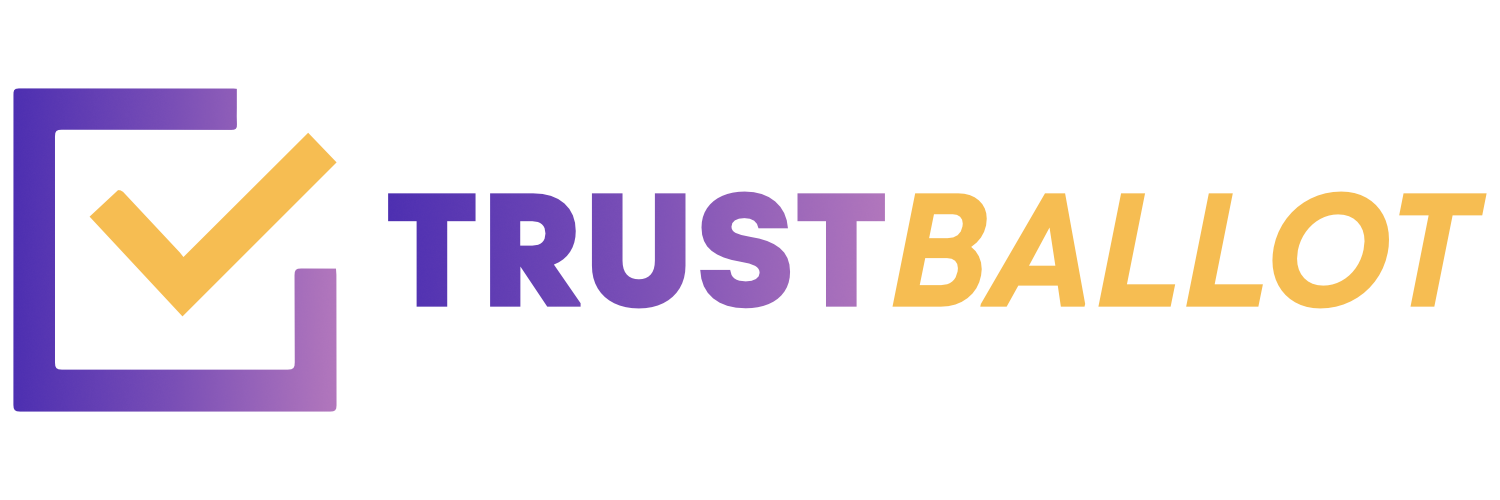Russian money and electoral integrity in Slovakia
Russian interference in the Slovak parliamentary elections goes much further than disinformation, and can be found in the very fabric of Slovakia’s democratic institutions.
While this is concerning, with support for Ukraine and sanctions against Russia, which has been a divisive issue in Slovakia, and an issue that incumbent President Zuzana Čaputová has been particularly strong on.
However, domestic Slovak news is pointing to a much deeper concern: that Russia is actually financially intertwined with political parties themselves. Trustballot discusses these allegations, and outlines what implications this may have for electoral integrity.
In a recent podcast interview with a prominent Slovak newspaper, SME, Eva Mihočková brought up a concerning issue that threatens to undermine electoral integrity in the upcoming parliamentary elections, due to take place on the 30th September 2023.
The podcast discusses allegations that the far-right party Republika is receiving financial support from Russia. Any external financing, particularly from an authoritarian country with a history of election fraud both domestically and internationally, poses significant risks to Slovakia’s electoral integrity.
Republika, a party known for its pro-Russian stance and vocal criticism of the sanctions regimes put in place by Western countries, has been a cause for concern in Slovakia's political landscape.
Prominent party member Marián Ďuriš's claim that Russia’s full-scale invasion of Ukraine conflict is a "senseless war driven by the agendas of the US and Western European nations" puts the party’s links with Russia even further into question.
These affiliations have raised questions about the source of Republika's campaign funding and its potential consequences for the integrity of Slovakia's electoral system.
One of the primary concerns associated with external financing from an authoritarian regime like Russia is the potential for undue influence on the political decisions of the party that is receiving that funding.
This may have implications for the broadly united front in Europe, which has largely stood behind Ukraine and condemned Russia. The exception to this is Hungary, where Viktor Orbán has also been accused within the international community of undermining the country’s democratic institutions.
Furthermore, such external financing can erode public trust in the electoral process. When voters perceive that a political party is funded by a foreign government with questionable democratic credentials, it raises serious doubts. In whose interests is the party actually acting?
This skepticism can lead to a loss of faith in the democratic system as a whole, reducing voter turnout and diminishing the legitimacy of elected representatives. Political demobilisation is where democracy dies.
To safeguard electoral integrity, it is crucial for Slovakia to address these allegations and take concrete steps to ensure transparency in campaign financing. Stricter regulations on political donations and enhanced transparency measures can help mitigate the risks associated with external funding.
Additionally, robust mechanisms for investigating and penalizing violations of campaign finance laws should be put in place. The international community must closely monitor such situations and offer support to countries facing threats to their electoral integrity. Collective efforts can help deter foreign interference and protect the democratic rights of sovereign nations like Slovakia.
In conclusion, the allegations of external financing from Russia to the Republika party in Slovakia's parliamentary elections are a cause for concern. It is imperative that Slovakia takes immediate steps to address these allegations, strengthen campaign financing regulations, and enhance transparency in the political process to protect its democratic foundation.
Additionally, international vigilance and cooperation are essential to prevent external actors from undermining the democratic rights of sovereign nations.
